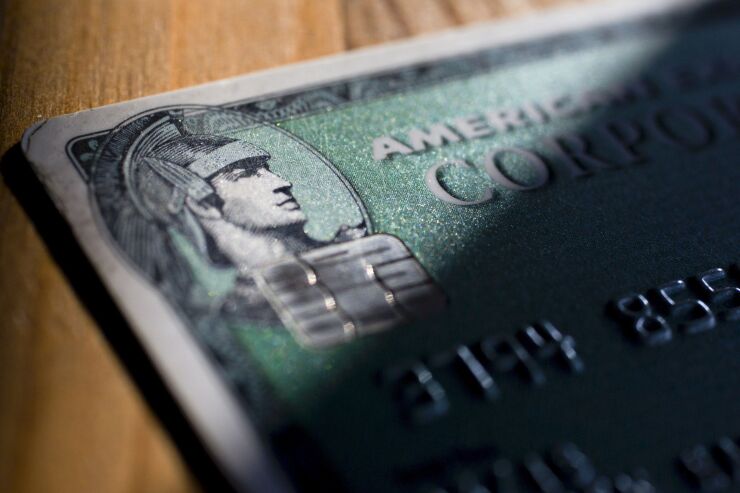China’s slow courting of U.S. payment companies made a tiny step forward this week, shortly after a similar gesture from the U.S. government that teases progress in the broader trade dispute.
The People’s Bank of China announced it has “accepted” an application from
The Chinese government has positioned itself as open to U.S. payment companies for most of the past decade. But it has repeatedly set financial and regulatory barriers that have been prohibitive, such as requiring a substantial and expensive local presence to process transactions and store data. That works against broader e-commerce trends that support a more open, international stance for data management and processing that encourages PSD2-style data sharing, regulatory sandboxes and open technology development.
China also has a government-supported near monopoly in UnionPay that will be hard to overcome, particularly if a final approval for U.S. firms from China creates a regulatory regime that appears to favor UnionPay or Chinese firms. A U.S. trade deal and final approval for U.S.-based payment firms would have to address these issues in order for the

“Payment processing is the first test of where things may go in terms of achieving equilibrium between the U.S. and China,” said Richard Crone, a payments consultant. "It would be a bellwether for other types of transactions."
China didn’t say when Amex could start processing payments in China, and the language — "accept" — is also more vague than "approve." It’s a long pattern for China, which has dangled its gigantic payments market to western companies for years, only to add conditions or reverse course. And on the U.S. side, the Jan. 15 signing date is a preliminary move toward more trade negotiations, so it's not a final destination either.
It’s also not even the first “approval” for
China has waffled on regulations numerous times since first saying it would open its borders to outside payment companies as part of its application to join the World Trade Organization in 2001. China didn’t make progress, and the WTO in 2012 placed fresh pressure on China to open its payment market to outside companies,
“This was two years after the U.S. filed a complaint and six years after China had agreed to do so,” said Steve Murphy, director of the commercial and enterprise payments advisory group at Mercator.
Seth Eisen, senior vice president of communications for Mastercard, said in an email: “China is a vital market for us and we continue to make every effort to secure the requisite license to be able to operate in China domestically." Visa did not return a request for comment.
China’s stance is a stricter version of
Unless those rules are eased as part of trade talks or new payment regulations, U.S. companies would potentially have different terms of service for China and non-China operations, further harming the network effect required for international payments.
“Card processing is globalized from the get go,” Crone said. “If someone enters the country and makes a payment, it can be processed in that country but the authorization and settlement has to go outside the country. Networks aren’t localized but are globalized.”
Among U.S. payment companies, Amex and PayPal appear to be better positioned than Mastercard and Visa, as Amex has had a bit more luck with regulators and
The political challenges are worth it for U.S. firms, given China’s huge size — its payments market totals about $27 trillion per year, according to
“The [Amex announcement] is a wakeup call for the other networks, to get their applications going,” Crone said.
Even if China approves U.S. payment firms for local processing, the dominance of UnionPay would likely continue. But there would still be opportunities for U.S. payment companies, such as digitizing supply chain transactions, Murphy said.





